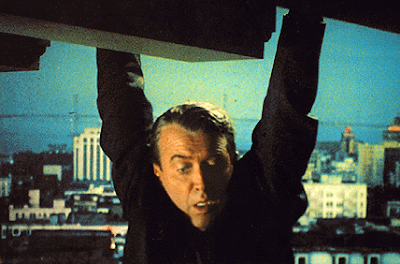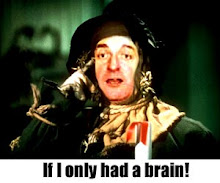The Adventures of Buckaroo Banzai Across the 8th Dimension
 I think the poster says it all! What is that smell? Something stinks something rotten!
I think the poster says it all! What is that smell? Something stinks something rotten!One of those cult 80's movies, "The Adventures of Buckaroo Banzai Across the 8th Dimension", stars future Robocop, Peter Weller, as the titular scientist-neurosurgeon-rockstar who battles aliens from Planet Ten, with his 'Hong Kong Cavaliers'. It also stars a host of future stars such as Ellen Barkin (how can such an - let's be courteous - unusual-looking woman be so sexy?), Jeff Goldblum, John Lithgow, and Christopher Lloyd (and more solid actors like Clancy Brown). It has a million different ideas and a very off-beat sense of humour. For all of this though, 'Buckaroo Banzai' is proof that just because you know what you want to make, and know how to, doesn't mean that you should. It's also one of the few authentic arguments against the use of drugs I know of; well, how else did they come up with it?
It starts promisingly enough, with Banzai breaking the land speed record and driving through a mountain (via the 8th Dimension), just after a little bout of brain surgery. With his science buddies and fellow band members, the Hong Kong Cavaliers, he picks up Elen Barkin (unknown twin to his lost wife) and stumbles on an alien conspiracy that of course could lead to Earth's destruction. Par for the course. But there's not a shred of character development, even for plywood-thin comic book characters like these and the story trusts too much to its wackiness. No doubt inspired by Doc Savage, the Man of Bronze, it should be better, but it's all too self-knowing and shallow. Some clever people apparently felt that because they were clever they really didn't have to try, so they didn't, and so the movie ends up a curiosity, and a dull one. A pity.
And exactly why did John Lithgow need a dialect coach? (He plays an alien, albeit one in an Italian's body, not that you'd know it.)
Labels: Film, Science Fiction

 Jimmy Stewart falls for Kim Novak in 'Vertigo'
Jimmy Stewart falls for Kim Novak in 'Vertigo'
